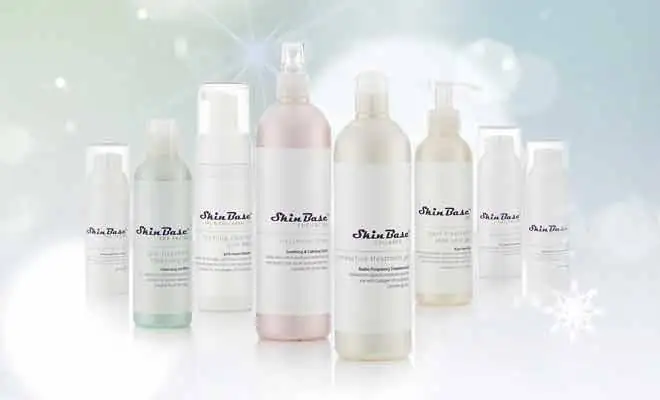By now we all know what kind of impact alcohol can have on our bodies – from unpleasant headaches to unwanted weight gain and worse. Like with everything, alcohol is fine in small amounts, after all, we only live once and we deserve to enjoy it! But alcohol can also wreak havoc on your skin. Here are a few of the things your favourite tipple can do to your complexion:
Dehydration
Dehydration from alcohol plays a large part in the creation of your hangovers, but dehydration does more than give you a headache and make you feel unwell. Your skin is the first place to lose water when you become dehydrated. This leads to rough, dry, dull and even blemished skin. Many alcoholic drinks are also high in salt, which causes even worse dehydration, and can lead to bloating and other health problems.
Inflammation and cell damage
Unfortunately, at a basic level, alcohol is a toxin and this means it can trigger inflammatory immune responses in your body. This can lead to puffy skin, such as swollen eyes and puffy cheeks. Unfortunately, this inflammation problem can’t be solved with a cooling compress or ibuprofen. Inflammation can cause permanent cell damage, depleting your collagen levels and therefore speeding up the ageing process.
Breakouts
Most alcoholic drinks are very high in sugar, and this can interfere with your hormone levels. An overproduction of oil can occur which settles in the pores and causes blockages. Bacteria that live on your skin then infect these blockages. But this is where things get complicated. Remember that inflammation we mentioned previously? The red part of a spot is your body’s immune response to the infection. That’s natural and happens whenever a blocked pore becomes infected. But if your body is inflamed by alcohol, its reaction to the infection is going to be even worse than it would be normally. So you may have alcohol to thank for those unexpectedly bad breakouts.
Are you a beauty professional, and would like to offer SkinBase™ treatments? Find out more.
Red Face
There are lots of different reasons that your face might go red when you’ve been drinking. Unfortunately, blushing when something embarrassing happens is the least of your worries. Alcohol is a key trigger for rosacea flare-ups, and can lead to permanent damage to your skin.
Rosacea
Rosacea is a medical condition characterised by very sensitive skin, which turns hot and red in large areas during a flare-up. It may take a bit of time for a Rosacea flare-up to become visible. It’s most common with people who have very pale skin, such as those with Scandinavian and Scottish heritage.
Flushing
Another red-face reaction, known as ‘flushing’ may be a sign of alcohol intolerance. If your face turns red in blotches when you drink, it means your body isn’t metabolising alcohol properly. The blood vessels in your face become dilated, a visual sign that the alcohol isn’t reacting well with your body. This ‘flushing’ reaction is more common in people with Asian, African and Mexican people, and people with Jewish heritage.
image:istock.com/undefined undefined

